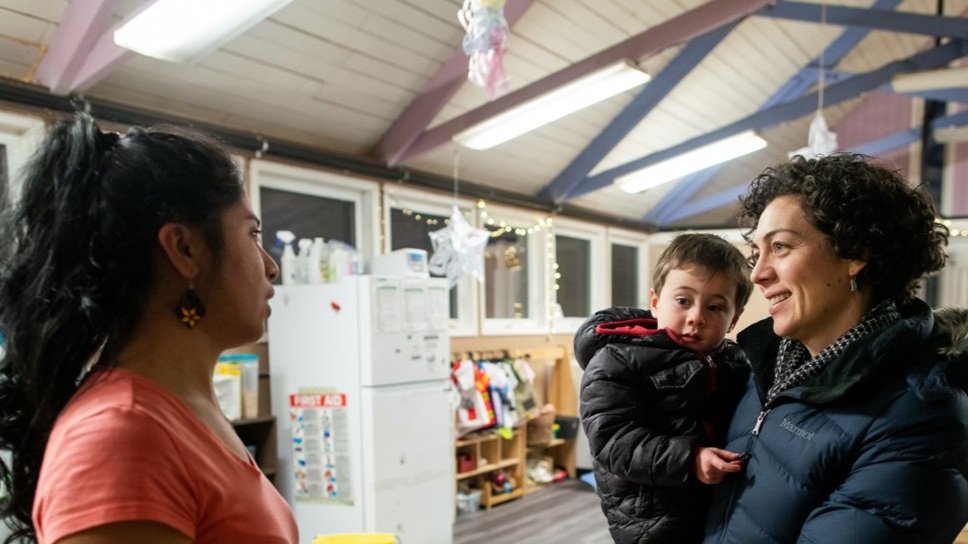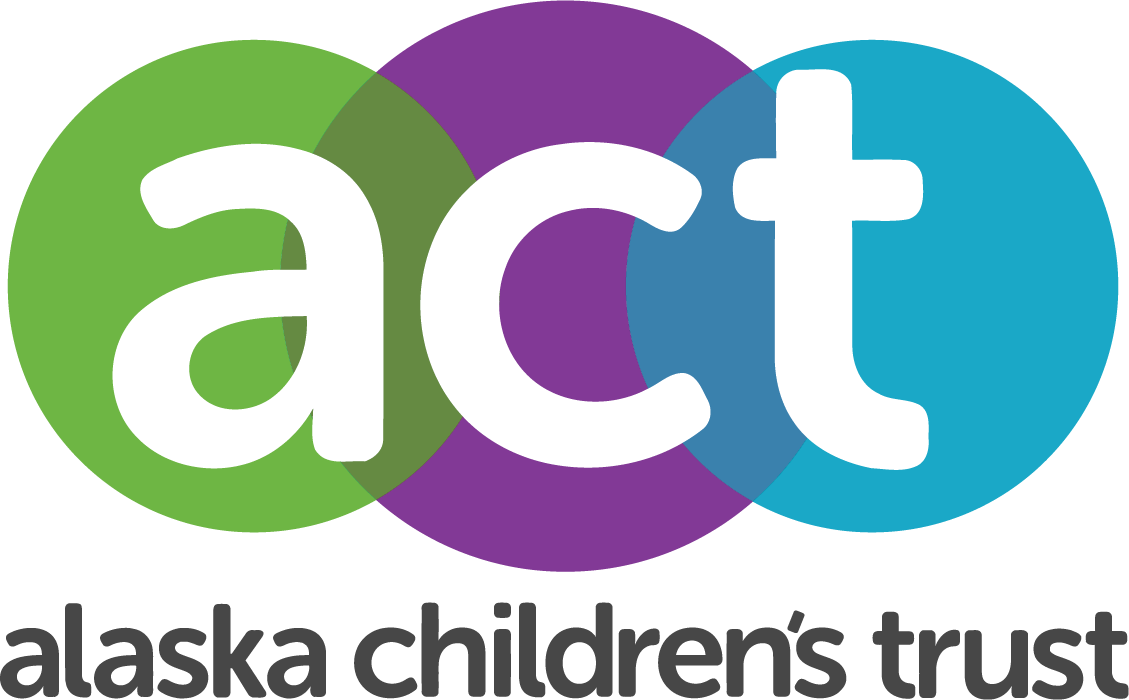
RESOURCES
The Strengthening Families™ Framework
Families thrive when protective factors are robust in their lives and communities. To promote these protective factors, Alaska Children's Trust endorses the Strengthening Families approach.

STRENGTHENING FAMILIES FRAMEWORK
Strengthening Families™ is a research-informed, cost-effective strategy to increase family strengths, enhance child development and reduce child abuse and neglect. It focuses on building five Protective Factors that also promote healthy outcomes.
5 Protective Factors:
01. Parental resilience
02. Social connections
03. Knowledge of parenting and child development
04. Concrete support in times of need
05. Social and emotional competence of children
What are the 5 Protective Factors and how can they strengthen my parenting and my child?
Parental resilience: No one can eliminate stress from parenting, but a parent’s capacity for resilience can affect how a parent deals with stress. Resilience is the ability to manage and bounce back from all types of challenges that emerge in every family’s life. It means finding ways to solve problems, building and sustaining trusting relationships including relationships with your own child, and knowing how to seek help when necessary.
Social connections: Friends, family members, neighbors and community members provide emotional support, help solve problems, offer parenting advice and give concrete assistance to parents. Networks of support are essential to parents and also offer opportunities for people to “give back,” an important part of self-esteem as well as a benefit for the community. Isolated families may need extra help in reaching out to build positive relationships.
Knowledge of parenting and child development: Accurate information about child development and appropriate expectations for children’s behavior at every age help parents see their children and youth in a positive light and promote their healthy development. Information can come from many sources, including family members as well as parent education classes and surfing the internet. Studies show information is most effective when it comes at the precise time parents need it to understand their own children. Parents who experienced harsh discipline or other negative childhood experiences may need extra help to change the parenting patterns they learned as children.
Concrete support in times of need: Meeting basic economic needs like food, shelter, clothing and health care is essential for families to thrive. Likewise, when families encounter a crisis such as domestic violence, mental illness or substance abuse, adequate services and supports need to be in place to provide stability, treatment and help for family members to get through the crisis.
Social and emotional competence of children: A child or youth’s ability to interact positively with others, self-regulate their behavior and effectively communicate their feelings has a positive impact on their relationships with their family, other adults, and peers. Challenging behaviors or delayed development create extra stress for families, so early identification and assistance for both parents and children can head off negative results and keep development on track.
